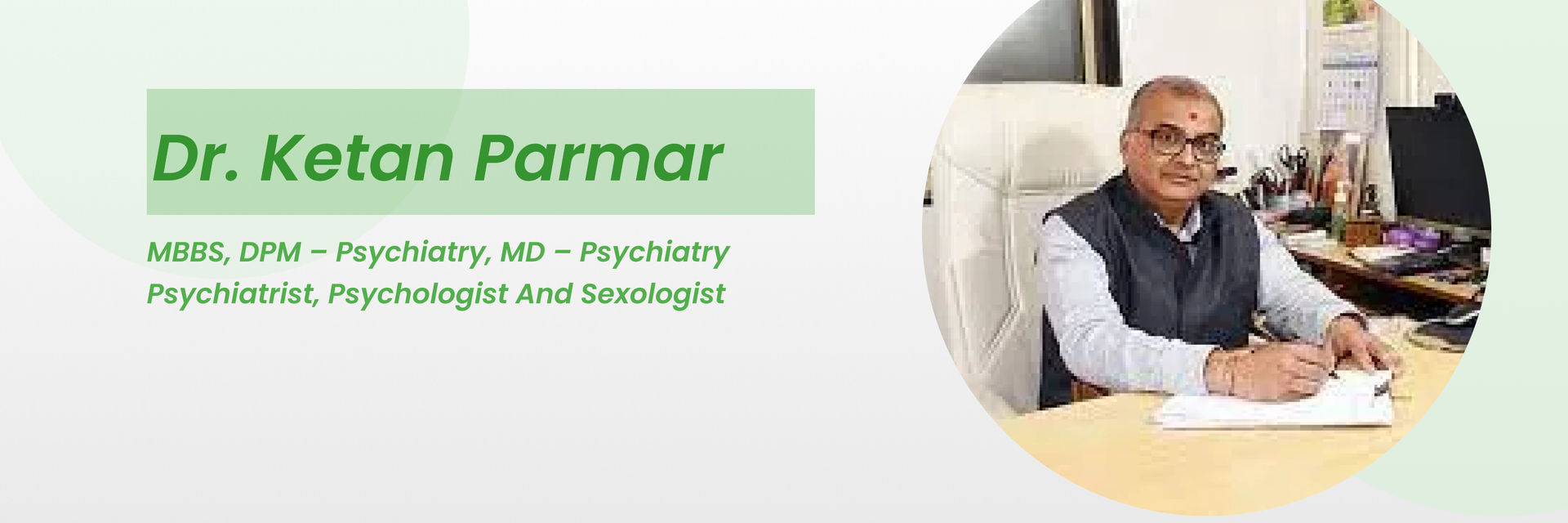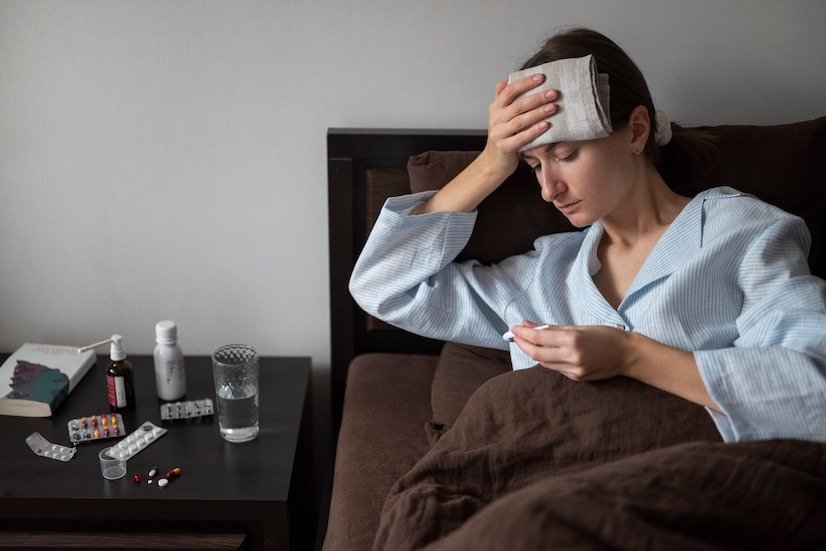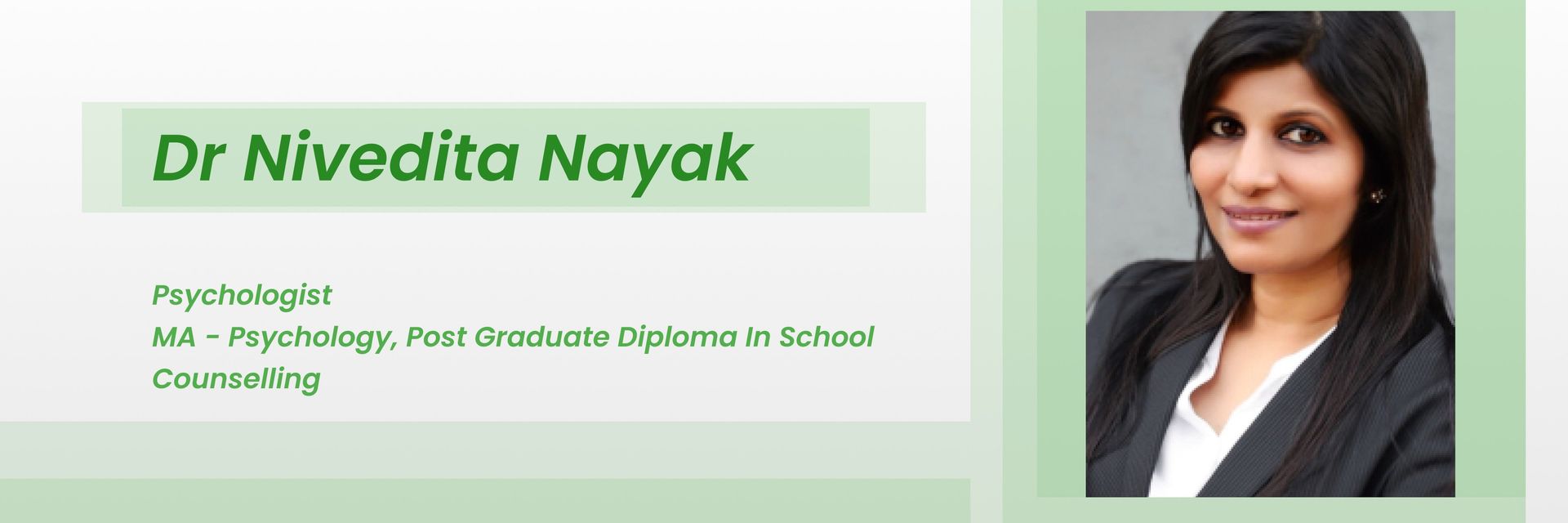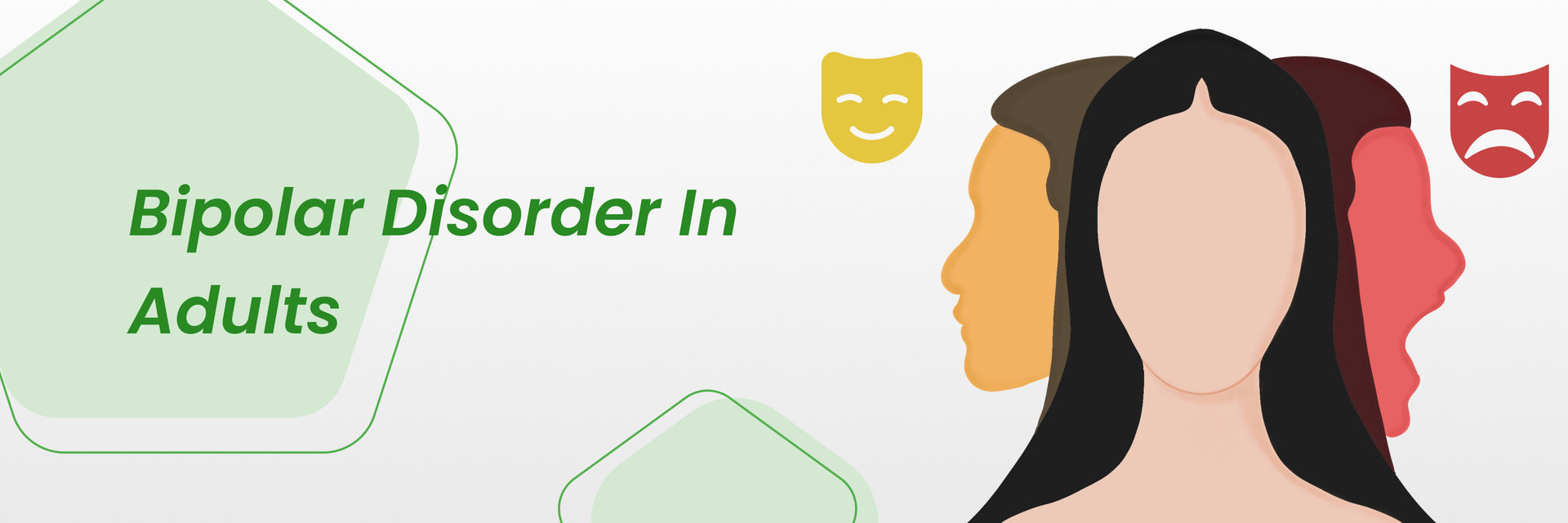Anxiety is a widespread psychological condition affecting millions globally. It manifests as feelings of worry, nervousness, or fear, which can interfere with daily activities. While there are many treatment options available, the search for a permanent cure for anxiety is ongoing. Psychologists, with their expertise in human behavior and mental health, have developed various strategies to address this issue.
Let’s explore some of the most effective methods to manage and potentially cure anxiety for good.
Before delving into treatment options, it is important to understand what anxiety is and what causes it. Common symptoms include excessive worry, restlessness, rapid heartbeat and difficulty concentrating. Anxiety can be caused by a range of factors, including genetic predisposition, environmental stressors, and underlying medical conditions.
Traditional Approaches to Treating Anxiety
Historically, anxiety has been managed using a combination of medications, therapy, and lifestyle changes. Medications such as Valium is often prescribed to help manage the symptoms of anxiety by calming the nervous system. While effective in the short term, these medications do not address the underlying causes of anxiety and can lead to dependency if used long term.
Psychotherapy, particularly cognitive-behavioral therapy (CBT), is a widely used method for treating anxiety. CBT enables individuals to identify and modify negative thought patterns that contribute to anxiety. It is a structured approach that provides individuals with tools to manage their symptoms and improve their quality of life.
The Psychologist's Secret to Curing Anxiety
Psychologists have long studied the human mind and its capacity for change. Recent advancements in psychology have revealed promising strategies for potentially curing anxiety.
Exposure Therapy
Exposure therapy is another effective method used by psychologists to cure anxiety. It involves gradually exposing patients to the source of their fears in a controlled and safe environment. Over time, this exposure reduces the power that these fears have over the individual, helping them to manage their anxiety more effectively.
Lifestyle Modifications
Psychologists also emphasize the importance of lifestyle changes in curing anxiety. Exercise, a balanced diet, adequate sleep, and the reduction of caffeine and alcohol intake can have profound effects on anxiety levels. Regular exercise releases endorphins that enhance mood and reduce stress.
The Role of Neuroplasticity
One of the most exciting advancements in psychology is the understanding of neuroplasticity — the brain's ability to reorganize itself by forming new neural connections. This ability allows individuals to change their thought patterns and behaviors. Psychologists use this concept to help patients create new, healthier pathways in the brain, effectively reducing anxiety.
The Importance of a Holistic Approach
A holistic approach is crucial when attempting to cure anxiety permanently. This involves combining various strategies to address the issue from all angles. A personalized treatment plan, designed by a psychologist, often includes elements of traditional therapy, mindfulness practices, lifestyle changes, and sometimes medication.
Support Systems and Community
Psychologists also highlight the importance of a strong support system. Family, friends, and support groups provide emotional support and encouragement, which are essential during the treatment process. Knowing that others are there to help can make a significant difference in an individual’s ability to manage and overcome anxiety.
Self-Help Strategies
In addition to professional help, self-help strategies can empower individuals to take control of their anxiety. Techniques such as deep breathing exercises, journaling, and affirmations can be practiced daily to reduce stress and anxiety. These strategies promote self-awareness and resilience, often leading to a reduction in anxiety symptoms.
Innovations in Therapy
Advancements in technology have led to innovative therapy options that can be used alongside traditional methods. Virtual reality therapy, for instance, is used to create simulated environments where patients can safely confront their fears. This cutting-edge approach has shown excellent results in reducing anxiety.
Final Thoughts on Curing Anxiety
While anxiety may not be completely eliminated for everyone, psychologists have discovered numerous strategies to manage and potentially cure it. The key to success lies in understanding that anxiety is a complex condition requiring a multifaceted approach. With the right combination of therapy, lifestyle changes, and support, individuals can significantly reduce their anxiety levels and, in some cases, permanently overcome their symptoms.
For those struggling with anxiety, reaching out to a qualified psychologist is a crucial first step. A tailored approach, leveraging the latest psychological insights and techniques, offers the best chance at finding lasting relief from anxiety. Additionally, individuals may find that integrating certain prescriptions, such as those available through options to buy Tramadol online, can complement their treatment strategy. This pharmacy approach should be discussed with a healthcare provider to ensure it aligns with their overall anxiety management plan.






